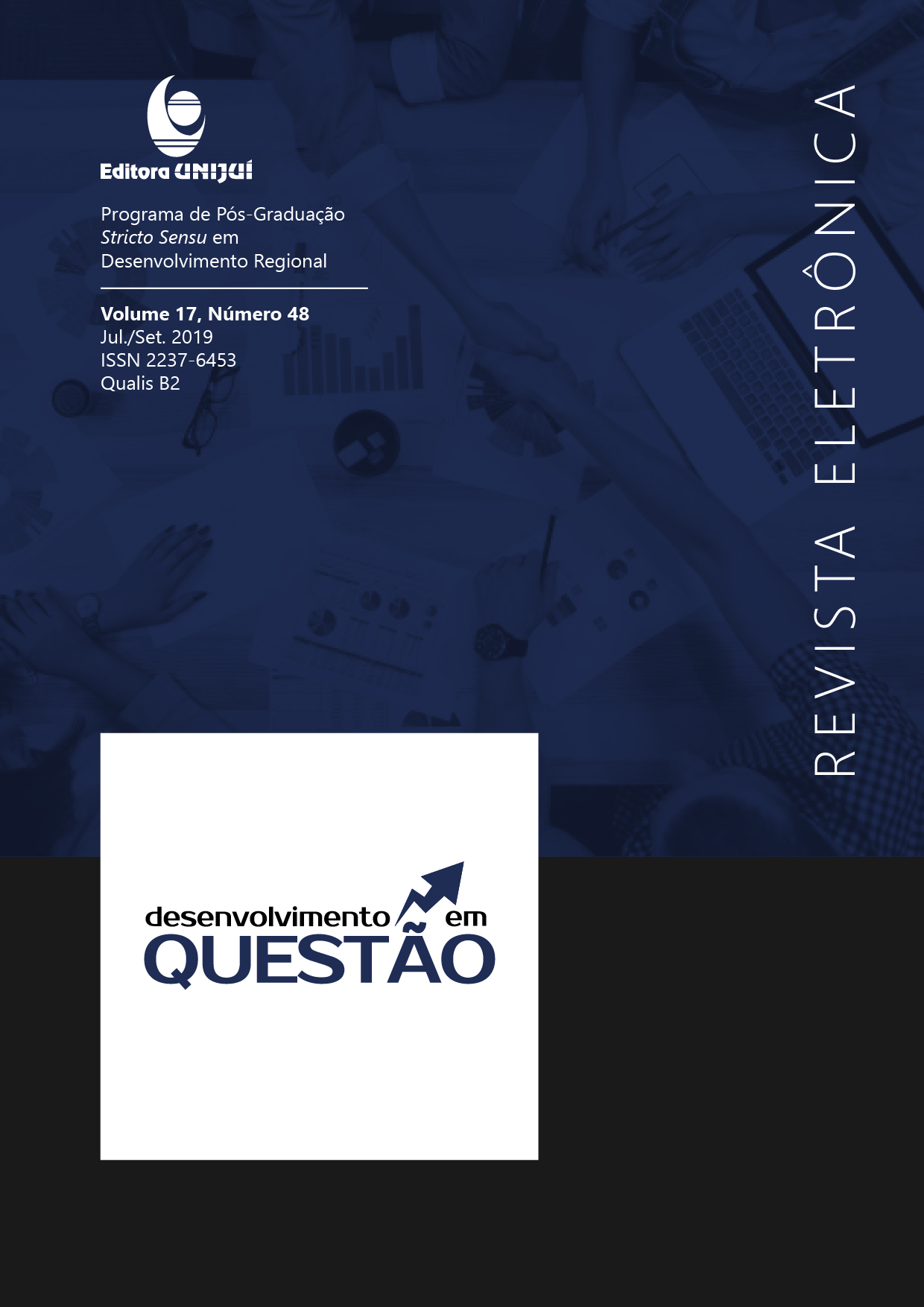FOREST CODE AND ENVIRONMENTAL SERVICES PAYMENT: A CASE STUDY BASED ON CARBON REDUCTION EMITTED AND SYSTEMATIC APPROACH OF AGRICULTURAL PRODUCTION UNITS
DOI:
https://doi.org/10.21527/2237-6453.2019.48.213-230Keywords:
Payment for Environmental Services; Family Farm; Environmental Legislation; Systemic Approach.Abstract
With the revision of the Forest Code, Law no. 12.651, of May 25, 2012, one of the discussions that has been highlighted is the implementation of a Payment for Environmental Services (PSA), program for conservation areas. This paper aims to present a PSA proposal for a family farm property in Esperança do Sul, RS, based on the reduction of carbon emitted and systemic approach of agricultural production units, in the context of compliance with the Forest Code in force in Brazil. Initially a documentary research on PSA, Brazilian Forest Code and the specificities of the properties of the familiar agriculture in this scenario was carried out, and a case study was chosen. A family farm was selected in the municipality of Esperança do Sul, RS, which requires a permanent preservation area and has a legal reserve area greater than that required by the Forest Code. In this property was made the mapping of the area, on-site visit to observe the native forest and survey of information with the owner. Based on this information and those obtained in the documentary research, the calculation of carbon conservation and a diagnosis of the production systems based on the systemic approach were carried out. The case study pointed to the importance of a PSA in family farming properties, based on the existing conservation area, avoided carbon emissions in the case of deforestation, and the low cost in relation to a possible recovery of the area. For family farming, the PSA could stimulate the conservation of natural resources, which is a lower cost than the forest recovery.
Downloads
Published
How to Cite
Issue
Section
License
By publishing in Revista Desenvolvimento em Questão, authors agree to the following terms:
All works are published under the Creative Commons Attribution 4.0 International License (CC BY 4.0), which allows:
Sharing — to copy and redistribute the material in any medium or format;
Adaptation — to remix, transform, and build upon the material for any purpose, even commercially.
These permissions are irrevocable, provided that the following terms are respected:
Attribution — authors must be properly credited, a link to the license must be provided, and any changes made must be indicated.
No additional restrictions — no legal or technological measures may be applied that legally restrict others from doing anything the license permits.
Notices:
The license does not apply to elements that are in the public domain or covered by legal exceptions.
The license does not grant all necessary rights for specific uses (e.g., image rights, privacy, or moral rights).
The journal is not responsible for the opinions expressed in the articles, which are the sole responsibility of the authors. The Editor, with the support of the Editorial Board, reserves the right to suggest or request modifications when necessary.
Only original scientific articles presenting research results of interest that have not been previously published or simultaneously submitted to another journal with the same purpose will be accepted.
Mentions of trademarks or specific products are intended solely for identification purposes and do not imply any promotional relationship by the authors or the journal.
License Agreement (for articles published from 2025 onward): Authors retain the copyright to their article and grant Revista Desenvolvimento em Questão the right of first publication.











